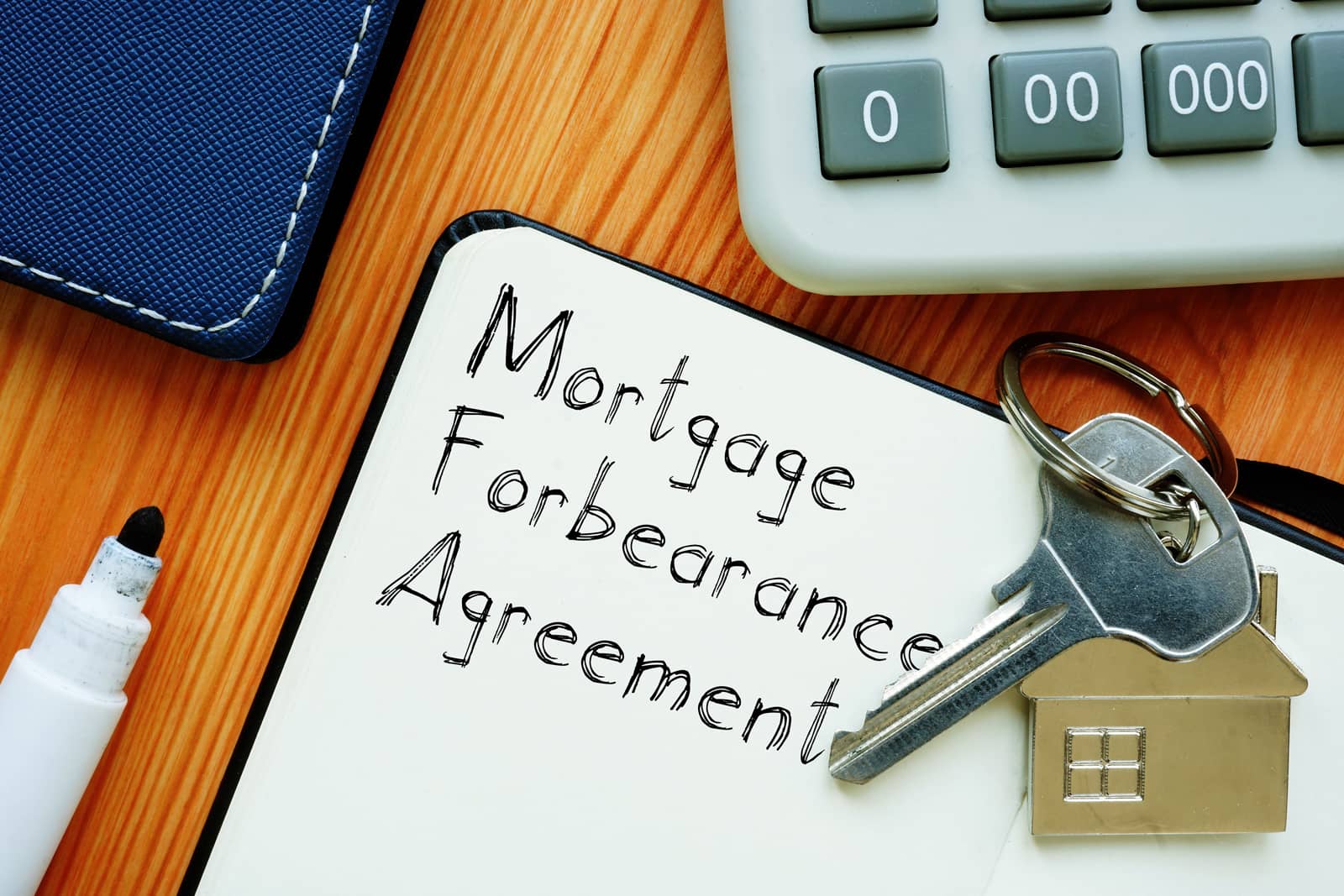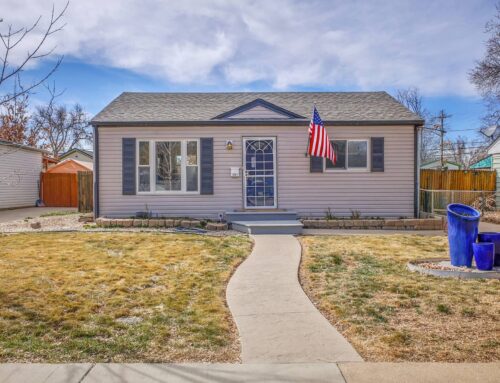What to Know About COVID Related Forbearance
The COVID-19 pandemic has turned the world and the real estate industry on its head. Many Americans have been laid off, furloughed, or otherwise aren’t making the same income they did before the pandemic started. Unfortunately, this means many homeowners are struggling with their mortgage payments and it’s difficult to see a way out.

What is Forbearance?
Forbearance means “holding back” and that’s what both you and your lender are doing in forbearance. Forbearance is an agreement between borrower and lender to put mortgage payments on hold or for the borrower to pay lower rates for a period. Forbearance is not forgiveness and delayed or lower payments will need to be paid back.
Is Mortgage Forbearance a Good Idea?
It’s tough to say that mortgage forbearance is a good idea but it’s undoubtedly a better idea than missing your payments and heading toward foreclosure. The idea behind forbearance is to keep things from getting worse. While it’s difficult to say forbearance is a good idea for any homeowner to do, it can help save you from much bigger problems.
How Can I Get a Forbearance on my Mortgage?
Your first step is to call your lender and look over your options. While lenders and bankers have a reputation as number-driven bureaucrats, they’re real people and understand that thousands of homeowners have been put in danger of losing their homes due to the coronavirus pandemic. They aren’t going to kick you to the curb if you’ve missed a mortgage payment, but they must know your situation which can’t happen unless you call to discuss your options.
The CARES Act and Forbearance
On March 25th, 2020 the U.S. Senate passed the Coronavirus Aid, Relief, and Economic Security (CARES) Act as a lifeline to those struggling with payments and other economic issues during COVID-19. The CARES Act offers two protections for homeowners during the coronavirus pandemic including:
More questions about Forbearance
Getting COVID Related Forbearance Questions Answered
Forbearance, short sales, and other related matters are complicated enough but the coronavirus pandemic has made things worse. If you feel like you’re underwater or need help quickly before you go into default on your mortgage, its best to reach out to a real estate team that specializes in these unique transactions.
A real estate agency like The Storck Team knows how difficult times have been and what you can do to stay above water. The Storck Team can work directly with you and your lender to explain your options, detail differences resulting from the CARES Act, and take care of your situation with as little stress on you as possible. They can also act as your agent on any short sale or other unique type of transactions.
We’ll Get Through This
The coronavirus pandemic has shuttered businesses and shattered lives but with the help of the CARES Act, a phone call to your lender, and the help of a qualified real estate team you can get through the worst of it. Don’t wait another day while your mortgage heads toward default, pick up the phone to tell your lender you need help today.







